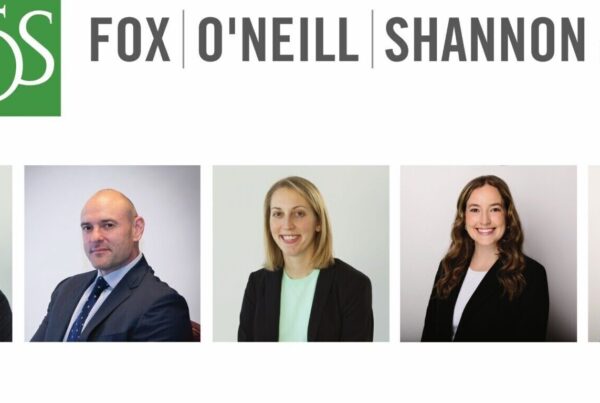It’s a common scenario: a customer refuses to pay, forcing a business to incur legal fees and court costs suing to recover the money owed.
Once a judgment is obtained, the money must be collected, which is often more difficult than obtaining the judgment itself.
One way debtors may seek to avoid collection is by putting money in assets that are exempt from creditors.
Section 815.18 of the Wisconsin Statutes exempts nineteen types of assets, including life insurance and certain retirement accounts, from attack by creditors.
A January 5, 2015 decision from the federal Seventh Circuit Court of Appeals provides new, pro-debtor, guidance on one of §815.18’s potential exemptions, for education savings accounts.
The case involved Leonard Bronk, who was facing bankruptcy from hundreds of thousands of dollars in medical expense debt.
In May of 2009, Bronk funded five EdVest college savings accounts, to benefit his grandchildren, by borrowing nearly $100,000 against his home. A few months later, he filed for Chapter 7 bankruptcy.
During the bankruptcy proceedings, the Bankruptcy Trustee argued that the education account exemption only applied to beneficiaries.
In other words, if one of Bronk’s grandchildren filed for bankruptcy, the accounts would be exempt from creditors, but that same protection would not extend to Bronk as the account’s owner.
The Seventh Circuit, overturning the lower court, held that the college savings account exemption applies to both the account beneficiary and owner.
As a result, the account could not be touched by owner Bronk’s creditors.
The interpretation of a state statute by a federal court is not binding on Wisconsin state courts.
However, Wisconsin courts will likely look at this decision for guidance as persuasive authority.
Importantly, §815.18 applies not only to bankruptcy, but to any attempt by a creditor to execute on the assets of a debtor to collect a judgment.
This case highlights why obtaining a judgment against a debtor does not itself guarantee a recovery. It also shows why conferring with a collection recovery attorney can increase your odds of success at recovering the amount of the judgment.
Your FOS attorney stands ready to help you in your collection efforts.




